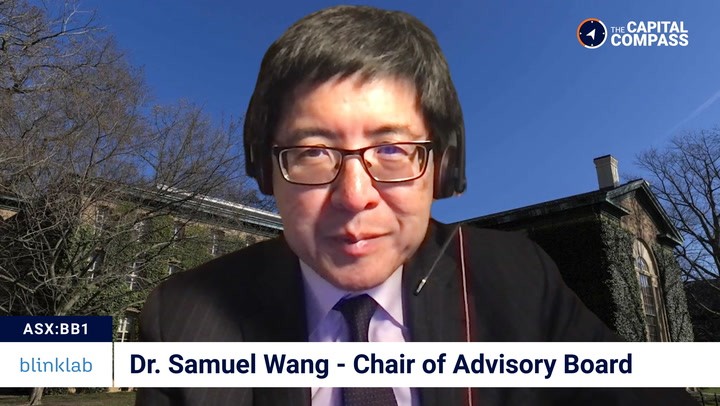- Kazia Therapeutics’ (KZA) paxalisib drug has been chosen for a multiple-therapy clinical trial in diffuse midline glioma, a kind of brain tumour
- The study will employ an adaptive design to test several therapies in different combinations and in different subsets of patients
- The trial is designed to evolve as data rolls in, and will enrol children and young adults at various stages of disease progression
- Approval for the study is still awaited from the U.S. Food and Drug Administration (FDA) and Institutional Review Boards
- If all goes according to plan, the trial should begin enrolment in the U.S. during the first half of 2021, with other countries to follow later in the year
- Kazia Therapeutics is down 4.93 per cent, trading for $1.35
Kazia Therapeutics’ (KZA) paxalisib drug has been chosen for a multiple-therapy clinical trial in diffuse midline glioma, a kind of brain tumour.
The company has executed a letter of intent with the Pacific Pediatric Neuro-Oncology Consortium (PNOC) to take part in the study.
The trial
The study will employ an adaptive design to test several therapies in different combinations and in different subsets of patients, including those with diffuse intrinsic pontine glioma (DIPG).
Paxalisib will be used in combination with ONC201 — a clinical-stage brain cancer drug designed by Oncoceutics — in the early phases of the trial.
The trial is designed to evolve as data rolls in, as various treatment combinations are trialled in different patient cohorts.
The PNOC study will enrol children and young adults with diffuse midline gliomas, including newly diagnosed patients, patients who have completed initial radiotherapy, and patients who have experienced disease progression after treatment.
The trial’s primary endpoints will be the proportion of newly diagnosed patients who are progression-free at six months, and overall survival rates for recurrent patients.
The lead investigator will be Professor Sabine Mueller, a neurologist and paediatric neuro-oncologist whose research focuses on novel therapies in childhood brain cancer.
She holds an academic appointment in the Department of Neurology, Neurosurgery and Pediatrics at the University of California, San Francisco and serves as head of the clinical programme at the DMG Centre at the Children’s Hospital of the University of Zurich.
Professor Mueller says the PNOC trial could offer hope to children with brain cancer and their families.
“DIPG remains one of the most challenging of childhood cancers. No drug treatment has ever demonstrated meaningful efficacy,” Professor Mueller said.
“The PNOC022 study brings a different approach, uniting the best of preclinical research with novel clinical trial techniques. We look forward to commencing enrolment to the study shortly, and very much hope that we are able to generate new hope for patients and their families,” she added.
Next steps
Approval for the study is still awaited from the U.S. Food and Drug Administration (FDA) and institutional review boards.
If all goes according to plan, the trial should begin enrolment in the U.S. during the first half of 2021, with other countries to follow later in the year.
The study will be fully funded by PNOC.
Kazia Therapeutics is down 4.93 per cent, trading for $1.35 at 3:15 pm AEDT.






